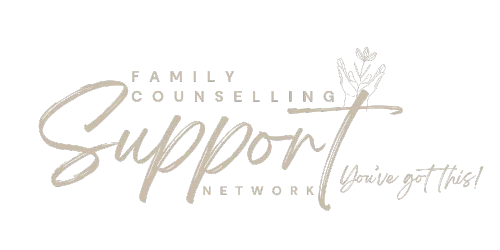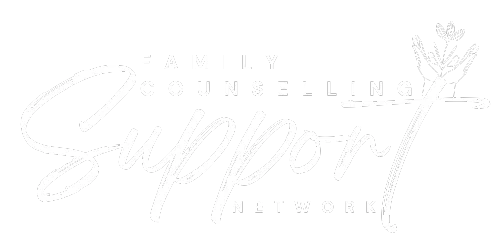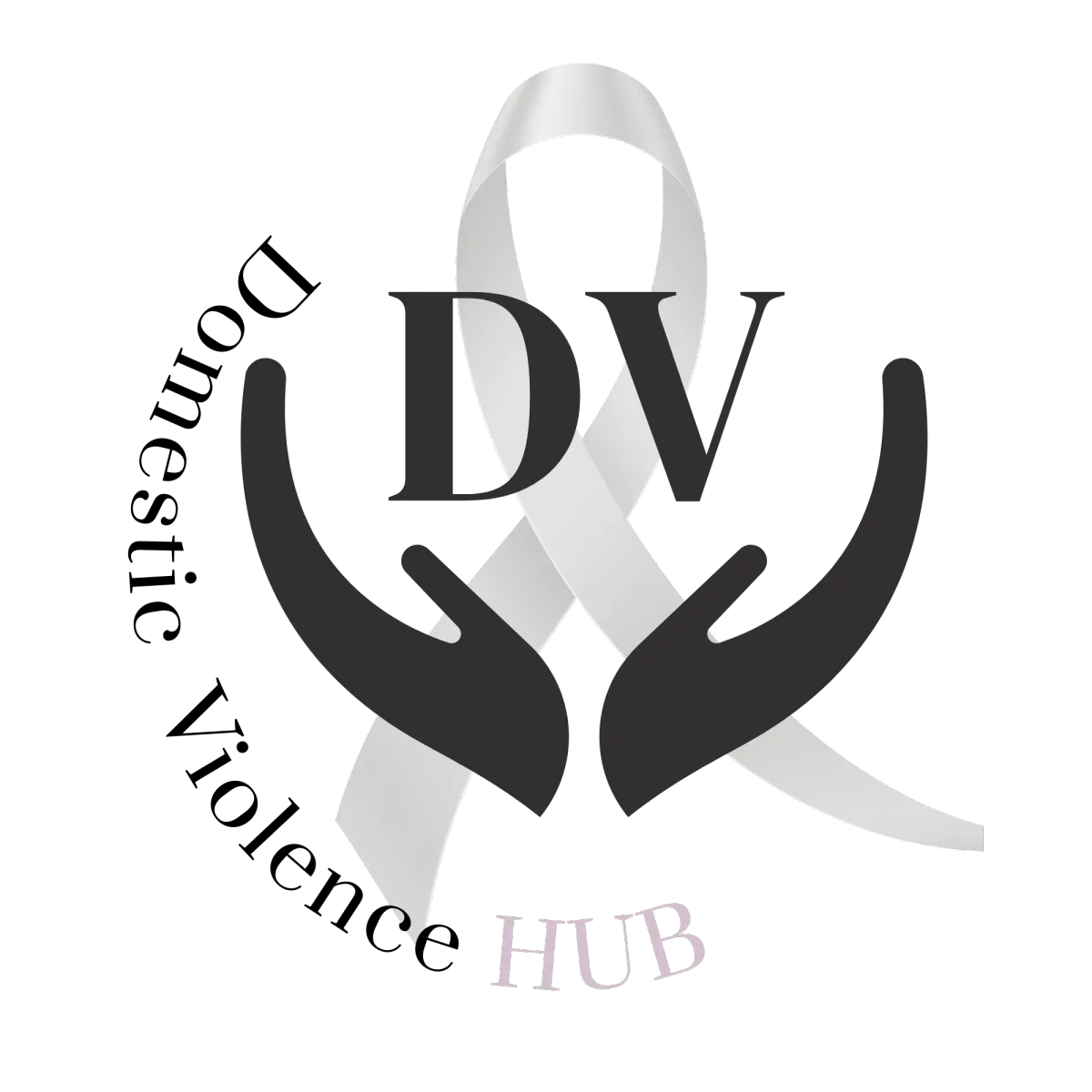Online Support Services
This website is under construction
Rural Women's Support hub is part of the Family Counselling Support Network company
which offers Australians health and wellness support no matter who, where and why.

We know that accessing the support services you need can be bloody tough and frustrating. We recognise the barriers and unique challenges of providing women's health care in rural, regional and remote Australia and the importance of trying to ensure consistent and timely access to equitable, quality services where possible.
Rather than spending countless hours trying to search on-line to find the services if and where they are available, Rural Women's Support Hub is dedicated to help connect rural women in particular, to key services and products that will at least help them source help they need, as close in location, or on line as possible.
HEALTH SUPPORT
Overview:
Emergency medical help - physically or mentally
Planning ahead
Symptom checkers
Health Direct helpline (all states) - GP services plus
My Health Records
Medicare and Private Benefits
Getting a Chronic Disease Management Plan (CDMP)
Getting a Mental Health Plan
Work injury and workcover
Travelling to medical and health services
Aboriginal and/or Torres Strait Islander Health
Maternity specific support and Motherland directory
Dental support
Online physiotherapy, OT, Speech
Optometrist and Audiologist?
Addiction support services
Webinar support
(health direct.gov.au)
EMERGENCY medical help
In an emergency call 000 (if physical or mental health emergency)
Royal Flying Doctors Service Provides emergency aeromedical evacuation
services, medical consultations and supplies
and dental and mental health outreach services
to rural and remote Australia
24 hours/ 7 days a week
Phone
Northern Territory
South Australia
Rural Health
Gyno/Ob
Post womens oncology support
Claire Kelly
Perimenopause & Menopause support
Claire Kelly
Katie Young
Womens Wellness and Menopause Hub
Gidget
Motherland
Health Direct - Queensland rural and remote health services directory
Telehealth
Dietician - tree of life nutrition.com.au
State/Territory assistance:
Queensland -
Pregnancy, Birth and Baby video call service
Queensland Telehealth
Royal Flying Doctors Service
New South Wales
Northern Territory
South Australia
Victoria
Tasmania
Addictions - refer to mental health
Chemist Products
CHEMPRO - online ordering
MENTALLY
We all take mental health, wellbeing and suicide in rural and regional Australia very seriously. We recognise the people living and working on farms are often subject to climatic, economic and social pressures which can affect their wellbeing, particularly during times of drought.
Mental health issues can include a range of issues...including but not limited to depression, anxiety, eating disorders, financial stress, OCD, Personality disorder, poor sleep, PTSD, severe distress, addictions, trauma,
National Mental Health Support
Lifeline Australia 13 11 14
Beyond Blue 1300 22 46 36
Mensline Australia 1300 78 99 78
Kids Help Line 1800 55 18 00
Suicide Callback Service 1300 659 467
Rural Health Connect
Rural Aid
13 Yarn
Gidget Foundation
Family Counselling Support Network (zoom)
Motherland directory
Head to Health quiz to help understand what you are experiencing and what you can do about it (aged 18 and over) www.headtohealth.gov.au
ifarmwell - go through all the details - free, practical online tool kit to help farmers cope more effecitvely with lifes challenges and get the most of of every day, regardless of their circumstances - help deal with stressful situations and get the most out of your life
LINK TO IFARMWELL Podcasts
State/Territory
EMOTIONAL and RELATIONSHIP SUPPORT
Family Counselling Support Network - zoom with counsellors, psychologist, couples counselling, child counsellors and psychologists
Separation Support Network - online separation and divorce support
Motherland Directory
DV support hub
Mens Wellness Hub
FINANCIAL HARDSHIP
Farmer Assistance Hotline 13 23 16
Services Australia - payments and services for rural Australians
Recovery Connect
Rural Online Support Blogs

Are they gaslighting me?
ARE THEY GASLIGHTING, LOVE BOMBING OR HOOVERING?
“That never happened. Have you taken your meds?”
“You’re crazy. That’s not what happened.”
“I only told you that you were fat because you I would hate you to let yourself go.”
“I never told you that.”
“You’re too sensitive. I was only joking.”
Are you often thinking your mind is playing tricks on you? Are you starting to question your own sanity or losing your memory? If any of the above statements sound familiar, you are likely the victim of gaslighting. It’s an emotional abuse tactic that can leave you unsure about yourself, others, and life in general. If you don’t address it, you can have long-lasting effects, emotionally and physically. Counselling can help you understand what you are experiencing, help you set boundaries and reach a decision about the relationship which feels right for you.
What is gaslighting?
Gaslighting is an actual, intentional, and serious form of emotional, psychological abuse. It is a psychological manipulation tactic someone uses to control and manipulate a victim by making them doubt their memories, perception of reality and judgments.
It can occur in romantic, platonic and family relationships – or even at work.
Often victims of gaslighting are not even aware that this is happening to them because it has been happening for so long, in a slow, covert fashion.
How Does It Begin?
A relationship with a gas lighter may seem to start out quite well. They may praise you, the victim, on a first date and very quickly confide in you. This is where the manipulation begins since, disclosure, before any real intimacy has been established, results in trust being quickly established. This tactic is known as ‘love bombing’. Once you become fully engaged with the gas lighter, you become vulnerable and then the next phase of manipulation often begins.
COMMON GASLIGHTING TECHNIQUES
Do you recognise any of the following most common gaslighting techniques?
They blatantly lie to you with a straight face. The abuser blatantly and habitually lies to change your reality. Even when you know they are lying, they can convince you otherwise, which in turn makes you start second-guessing yourself. If you call them a liar they turn around and call you a liar or insist they lied for a good reason for example to protect your feelings or theirs.
They attack things important to you. They might criticize your job, make snide comments about you, your family or friends. These remarks are meant to make you feel insecure and inadequate.
They deny their bad behaviour – their lying, hurting your feelings, or doing anything wrong. They insist that you misunderstood them, that you’re remembering things incorrectly, or that you’re making things up to hurt them.
Their actions don’t match their words. They may insist they support you, but always criticise your choices.
They will target your insecurities to make you feel weak about yourself.
They spread rumours and speak poorly about you online or in face to face conversations. They will often portray themselves as the victims to others.
They can’t stand criticism themselves and will take it as a personal attack, no matter how respectfully you complain about their behaviour.
They project on you – for example the abuser is cheating. Instead of admitting to the affair, they’ll accuse you of being unfaithful. You end up having to defend yourself rather than seeing what they’ve been doing to you.
They manipulate your relationships, whether through isolation or through groupthink type behaviours. They will tell you that your family members don’t really love you and claim that they are liars. They may even try to convince everyone around you that you seem emotionally unstable or “crazy.”
They can confuse you with sudden kindness to distract you from their bad behaviour. One minute, they may cut you down and the next, they praise you.
They wear you down until you just give up – you stop arguing or defending yourself since you feel so defeated.
SIGNS YOU ARE A VICTIM OF GASLIGHTING
- You constantly second guess yourself.
- You wonder if you are just overly sensitive or too hormonal.
- You create excuses for the gas lighters behaviour and their actions.
- You stop trusting your own judgement and recollection of events, beliefs, and perspectives.
- You start to wonder if you are losing your memory, regularly confused, or going ‘crazy.’
WHAT IS ”HOOVERING”?
When you try to leave the gas lighting relationship, they may use the ‘hoovering’ tactic which involves excessive praise, expressions of love, showers of compliments and fervent promises of the ways in which they will make positive changes in the relationship. Unfortunately, it does not take long for old habits and behavioural patterns to resurface, once you commit to staying. Their goal is to always keep you locked in to their control.
WHAT CAN YOU DO TO STOP BEING A VICTIM?
If you identify with any of the signs, here are some tips to take back control of your life and your reality:
· You need to stand firm and not let their denials cloud your thinking and actions.
· Remember you are not responsible for someone else’s behaviour. It is not your fault.
· Trust your own judgment and believe in yourself.
· Acknowledge the feelings you are having are real.
· Remind yourself that you deserve to be respected and supported by the people in your life.
· If someone displays a pattern of behaviour, trust the pattern over anything that person says.
· Don’t back down if you believe your criticism is fair, even if the gas lighter won’t change.
· Set clear boundaries to protect yourself and expect them to be respected,
· Document what is occurring so you can help track the reality.
· Ask someone independent, with whom you are close and who you trust, if they think you are being manipulated by the abuser.
· Realise you will never win an argument with this person or get any apology.
· Limit contact with the gas lighter. Consider ending or pulling back from the relationship if you want to, especially if the gas lighter refuses to change their behaviour.
If, despite attempts to move towards a healthier relationship, you still feel blocked in implementing these strategies, then please reach out to our trained team of psychologists and counsellors who can help you plan and strategise to move forward positively. Furthermore, if you feel unsafe because of someone’s controlling behaviour, seek assistance from the police or call 000 if it is an emergency.
Rural Support Hub Directory
This site is brought to you by Family Counselling Support Network
Book in with one of our professionals today

FAQS

We are here to help
Question 1
How can I book your online webinars and courses
Question 2
How can I add our business, event or activity to our directory?

Question 3
How does the parent directory work?


We are committed to protecting your personal information and respecting your privacy. This website uses cookies to analyze website traffic and optimise your website experience. By accepting our use of cookies, your data will be aggregated with all other user data.
DISCLAIMER: The material contained on this website is for general educational and information purposes only and is not a substitute for professional legal, financial, medical or psychological advice or care. While every care has been taken in the information provided, no legal responsibility or liability is accepted, warranted or implied by the authors or Family Counselling Support Network and any liability is hereby expressly disclaimed. For specific advice please contact us at [email protected]. All information contained on the website remains the intellectual property of Family Counselling Support Network and is for your personal educational use only. The information must not be reproduced or distributed without the express permission of Family Counselling Support Network.
Family Counselling Support Network acknowledges and respects the First Nations Custodians of the land where our offices stand, and where we work to help Australians. We pay respects to their Elders, past present and emerging, lore, customs and creation spirits. We recognise that these lands have always been places of ceremony, teaching, research and learning, and we acknowledge the important role Aboriginal and Torres Strait Islander peoples play in our community.
We are committed to providing an inclusive and accessible environment where people and communities of all identities and backgrounds are accepted, safe and celebrated.
Privacy Policy | Terms and Conditions
















